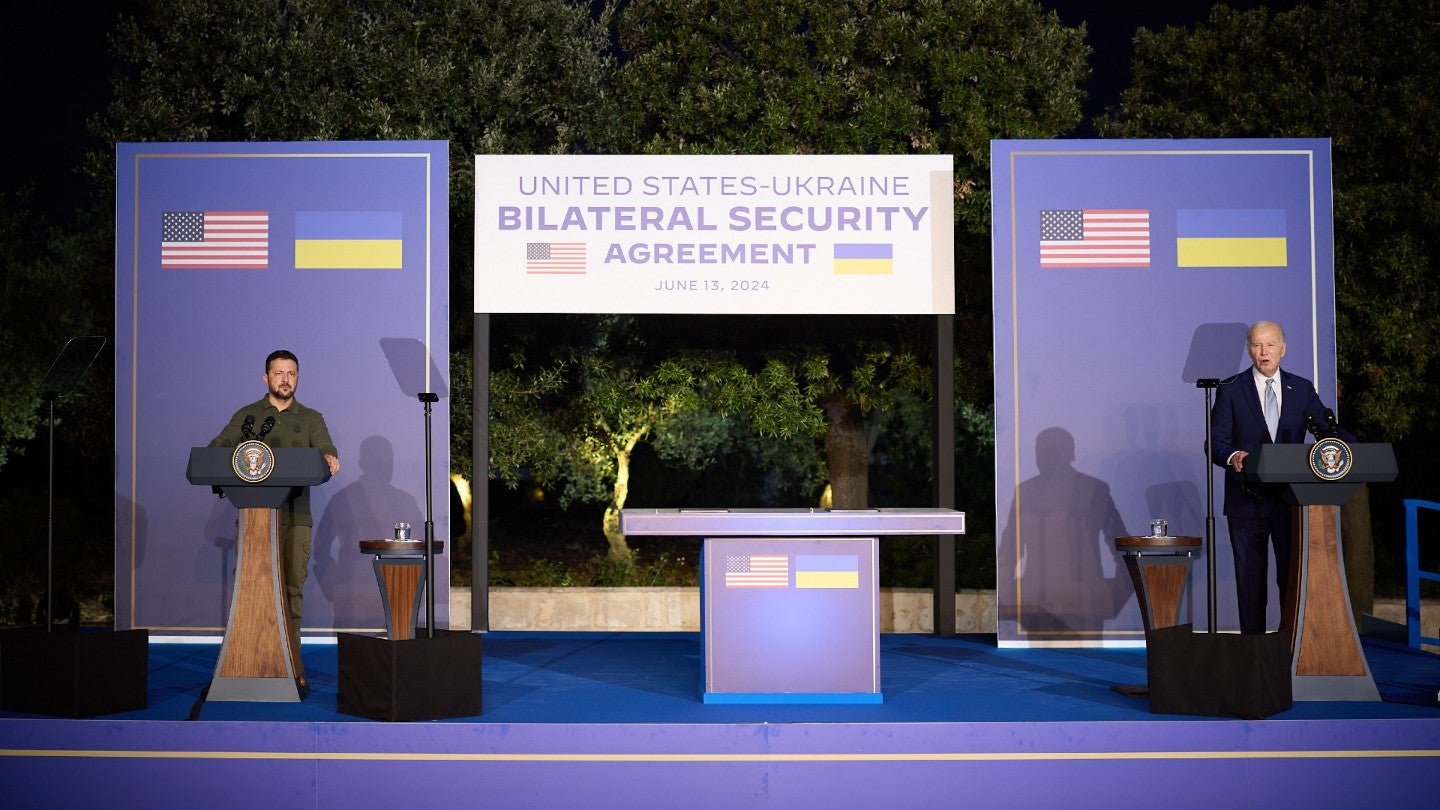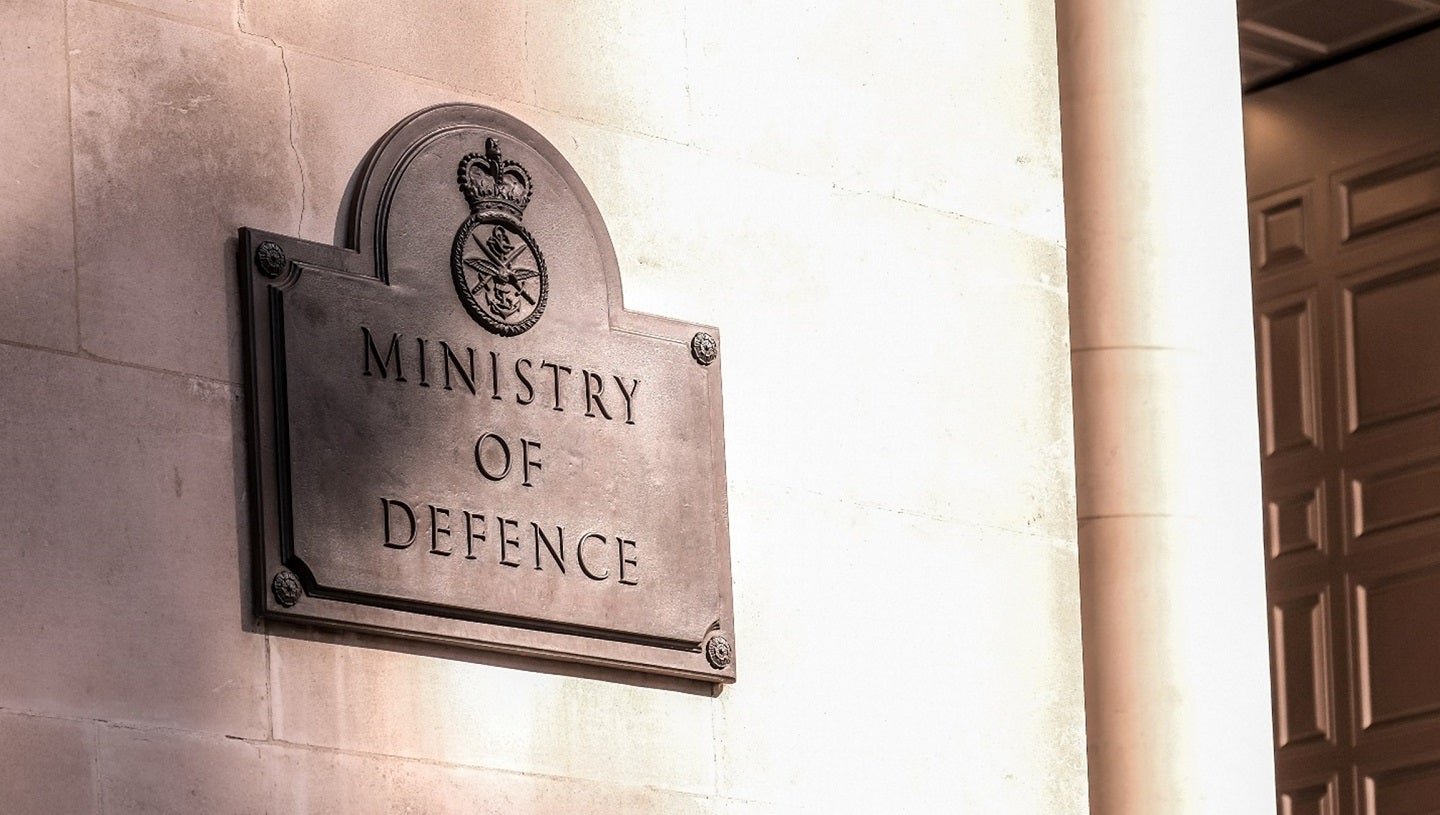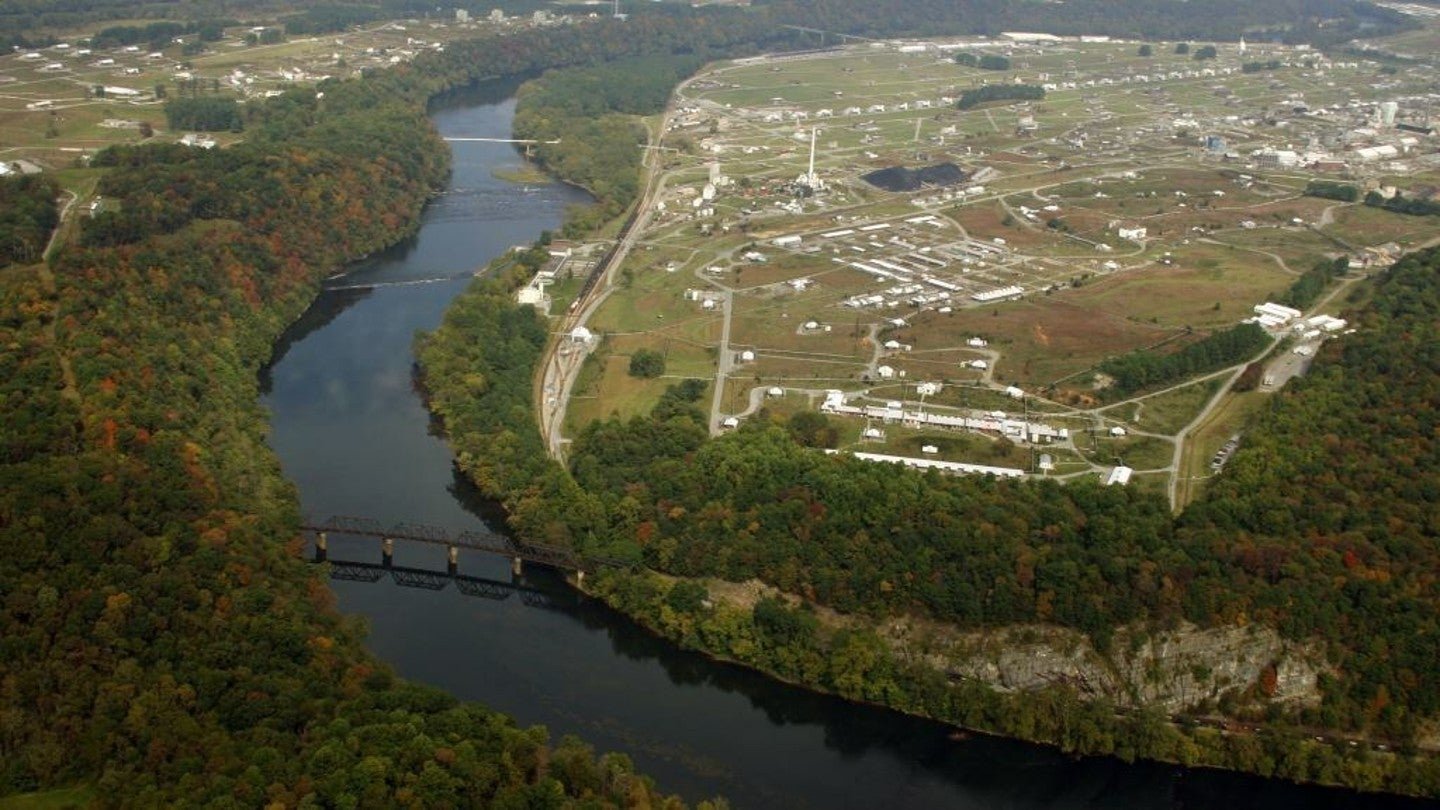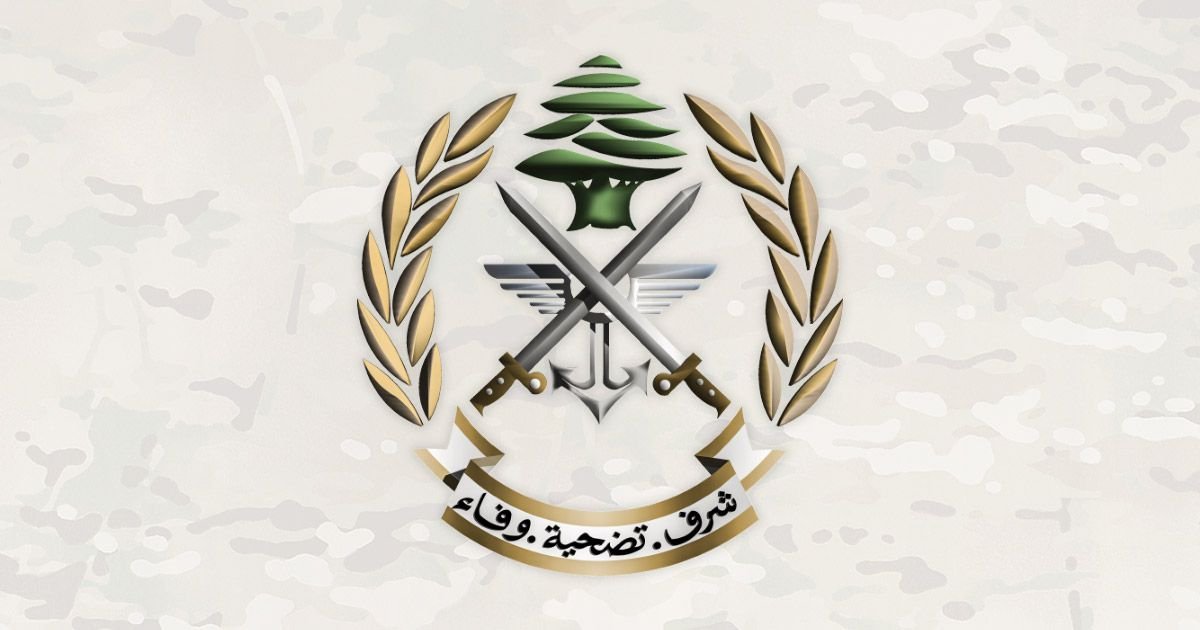Leaders at the G7 summit in Italy have signed off on a controversial move to use the interest from frozen Russian assets to raise $50bn for Ukraine’s war effort.
When Russian forces began the full-scale invasion of Ukraine in February 2022, the G7 and EU froze $325bn of Russian assets, which is generating roughly $3bn in interest per year.
Access the most comprehensive Company Profiles
on the market, powered by GlobalData. Save hours of research. Gain competitive edge.


Company Profile – free
sample
Your download email will arrive shortly
We are confident about the
unique
quality of our Company Profiles. However, we want you to make the most
beneficial
decision for your business, so we offer a free sample that you can download by
submitting the below form
By GlobalData
Under the G7’s new plan, announced yesterday (13 June) after months of debate, that $3bn will pay off the annual interest on the $50bn loan granted to Ukraine.
The G7 summit in Italy also saw US President Joe Biden and Ukrainian President Volodymyr Zelensky sign a ten-year bilateral security deal, which will expand aid and military training between Washington and Kyiv.
Other G7 leaders welcomed the plan, described by UK Prime Minister Rishi Sunak as “game-changing” and German Chancellor Olaf Scholz as “historic”.
The G7 alliance, made up of some of the world’s richest nations (the US, the UK, Germany, Italy, France, Canada and Japan) has been a consistent supporter of Ukraine’s war effort since 2022.
This $50bn loan is not expected to arrive in Ukrainian coffers until the end of the year. While it is a significant amount following the last US aid package of $61bn in April, analysts say it is not enough to turn the tide in Ukraine’s favour or deter Russia’s offensive.
What next?
Moscow has condemned the G7’s move to use its frozen assets in the strongest terms.
Russian Foreign Ministry spokesperson Maria Zakharova warned of an “extremely painful” retaliation, while the Kremlin accused the G7 and EU of committing a criminal action.
In February, Russia’s Finance Minister said Moscow had “ways to respond” if Western nations seized Moscow’s funds.
Legal action seems the most probable course of action, according to Christopher Granville, managing director of global political research at TS Lombard.
“This decision is clearly designed to keep on the right side of the Rubicon in the sense of not confiscating the underlying Russian assets themselves, but instead just impounding the returns on those assets which amounts to a form of windfall taxation,” Granville told Army Technology. “The most obvious Russian retaliation would be to impound the dividend income received by international investors from “unfriendly” (i.e. sanctioning) jurisdictions on their holding of Russian securities.”
Euroclear, the Belgium-based financial body holding most of Russia’s central bank assets in Europe, has previously criticised the G7’s proposal.
Euroclear declined to comment when approached by Army Technology.
The European Central Bank had also warned against the G7 releasing all $325bn in frozen Russian assets, despite some in Kyiv calling for it. Christine Lagarde, the bank’s president, said it risked “breaking the international order … you would want Russia to respect”.
Ukraine is expected to channel the funds into two main areas: F-16 fighter jets and Patriot air defence systems.
After thanking the G7 for the $50bn loan, Zelensky renewed his appeal for seven more Patriot systems to defend Ukraine’s power infrastructure and civilian housing against Russia’s drone and missile bombardment.
Each Patriot system costs around $1.1bn – $400m for the system and $690m for the missiles.
International attention now centres on Russia’s response and any further G7 pledges made as discussions continue in Italy today and tomorrow (14-15 June).










